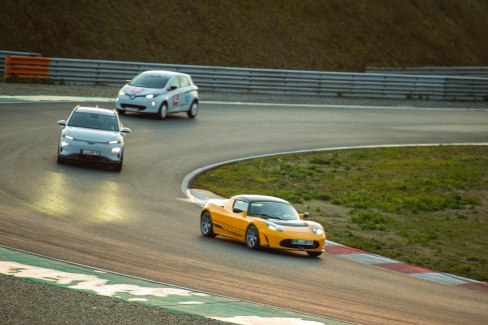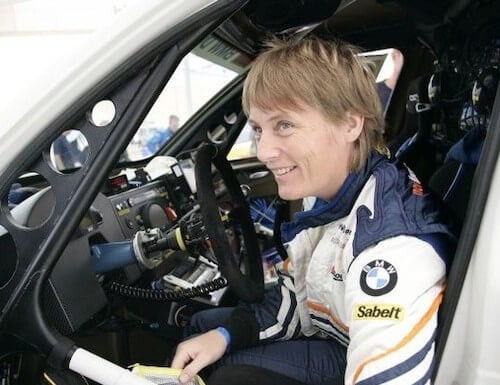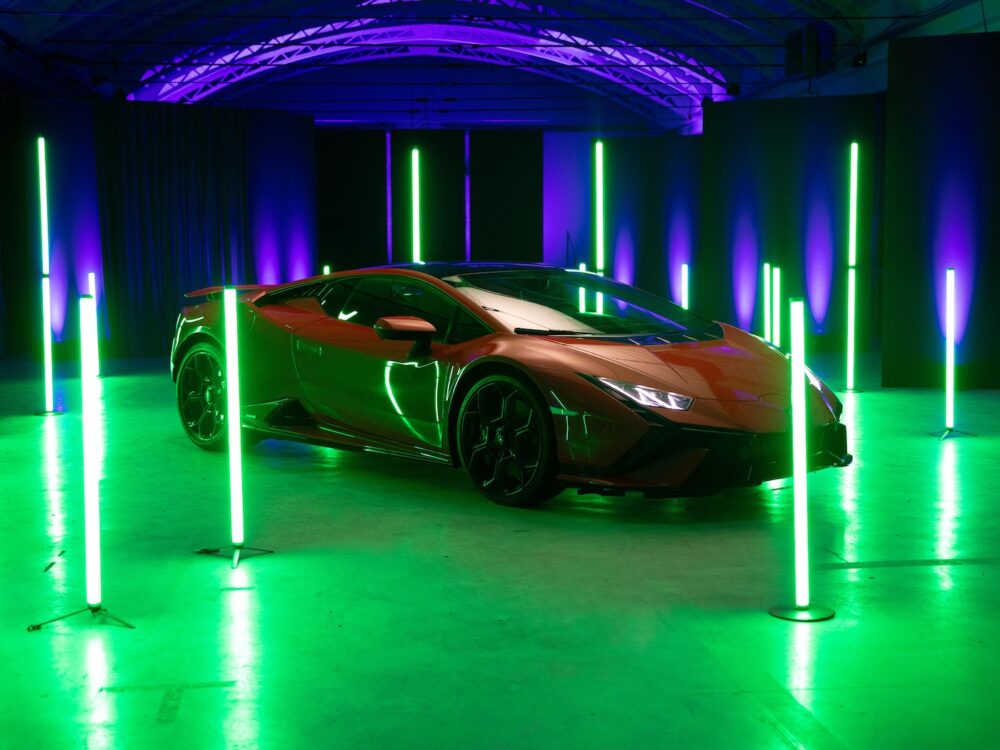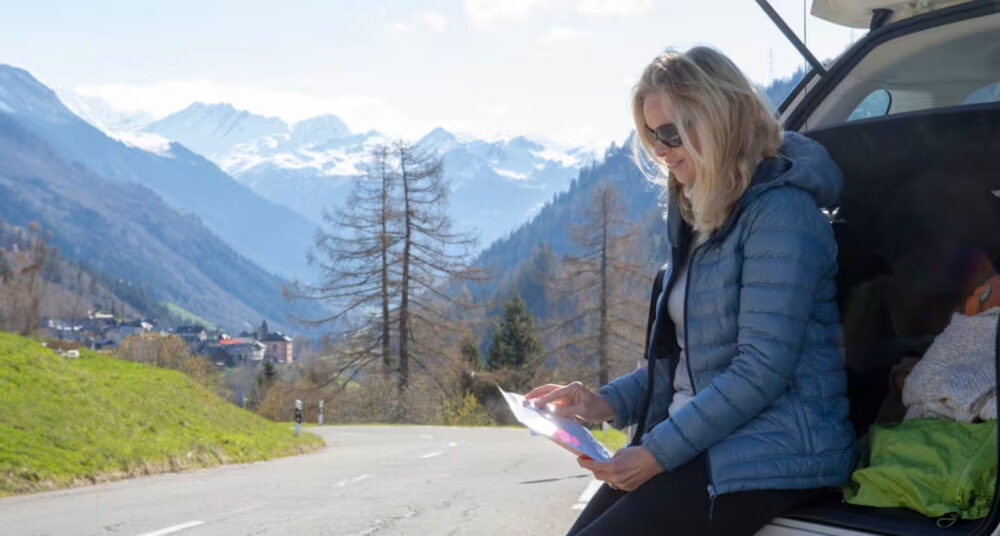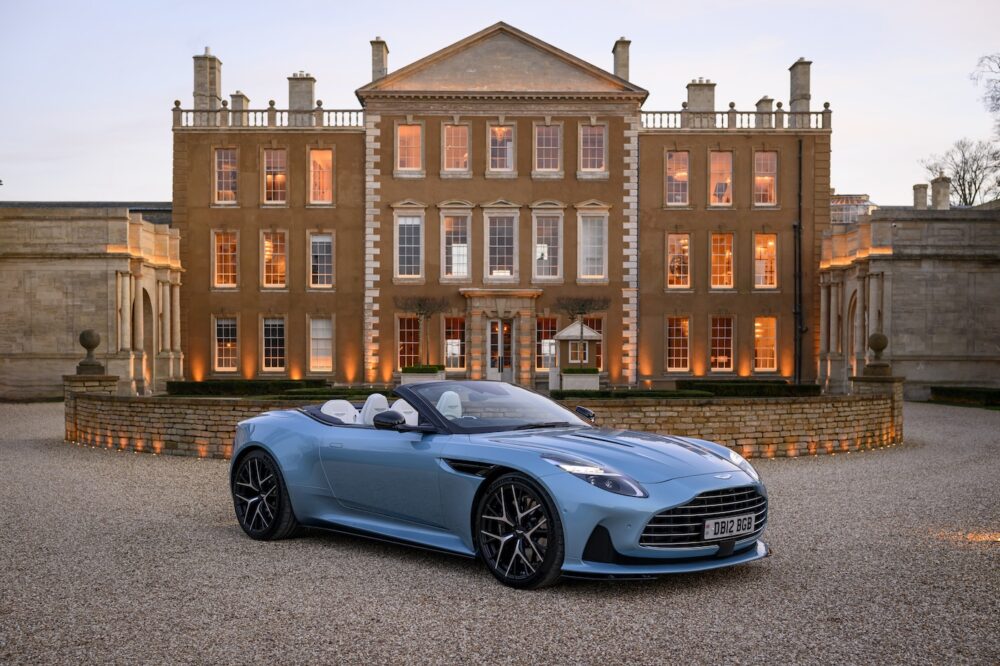Eco Grand Prix: Victory for Tesla Roadster
UNEXPECTED At the 2018 Eco Grand Prix in Germany, a 24-hour race for electric cars, the favored Tesla Model S finished behind the competition. During the first few hours on the Motorsport Arena Oschersleben race track, the Tesla Model S, favored by two-thirds of the electric car community, was in the lead, dominated by the strong field of the Tesla Model S group with batteries up to [...]
During the first few hours on the Motorsport Arena Oschersleben race track, the Tesla Model S, favored by two thirds of the electric car community, were in the lead, dominated by the strong field of the Tesla Model S group with batteries up to 90kW. As the world's first endurance race for electric cars progressed, they fell steadily behind. During the night, Jutta Kleinschmidt, former winner of the Dakar Rally, fought her way up to 3rd place in her BMW i3, but then fell back slightly during the morning. Nevertheless, she still finished ahead of the first Tesla Model S.
Hyundai and Renault well in the race
The team of the winning vehicle - an aging Tesla Roadster - set the mark for the most laps driven at 495, followed by a Hyundai Kona (486 laps) and a Renault Zoe (470 laps). Of the ten Model S starting, the best team finished in 10th place and it didn't even have the biggest battery, but drove a model with 85 kW. It finished directly behind a Twike and Kleinschmidt's BMW i3.
Limitation of the loading speed
The Eco Grand Prix has set itself the task of demonstrating that electric cars can charge wherever there is electricity, even without special charging stations. By limiting the charging speed to three-phase sockets, the aim is to show that all electric vehicles - including Teslas - can be driven outside of a charging infrastructure network. The Teslas at the start were not allowed to use the Supercharger fast-charging advantage of up to 118 kW.







